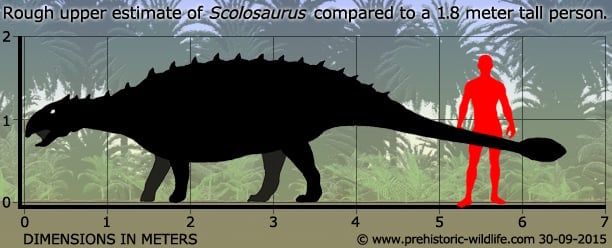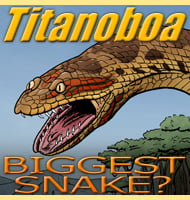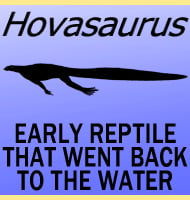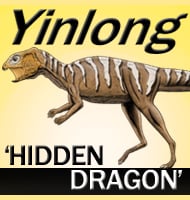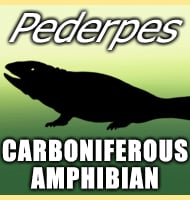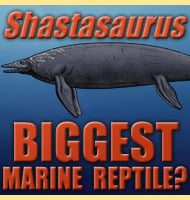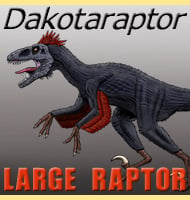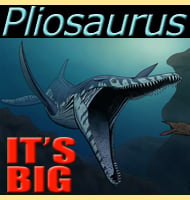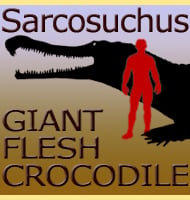In Depth
Scolosaurus was quick to become one of the better known ankylosaurid dinosaurs of the second half of the early twentieth century, at times rivalling even Ankylosaurus in popular media about dinosaurs. This was thanks largely to the relatively complete preservation of the holotype individual was considerably higher than most other ankylosaurids known at that time. Then in 1971 a study by Walter Coombs saw a simplification in ankylosaurs that were living in North America during the Campanian stage of the Late Cretaceous. Coombs stated that there was only one true genus of ankylosaurid dinosaur living at this time, and so he took the genera Anodontosaurus, Dyoplosaurus, Euoplocephalus and Scolosaurus and placed them all as one, and since Euoplocephalus was the first of these genera to be named, its name took priority, with the other three genera being hailed as junior synonyms to it.
Almost immediately this meant that reconstructions of Euoplocephalus began to appear based upon the Scolosaurus holotype material given the much greater completeness of this specimen, and this in turn significantly raised the profile of the Euoplocephalus genus. This continued for the remainder of the twentieth century but by the early twenty-first serious doubts would be cast about Coombs study. The problem, the synonymisation of these four genera is that Coombs gave no absolute proof that these genera were all the same other than they were living in the same geographical area at the same approximate time as one another. By 2009, a study by Arbour, Burnsa and Sissona led to the genus Dyoplosaurus being taken away from Euoplocephalus and re-established as its own genus. Then in 2013 a study by Penkalski and Blows saw Scolosaurus re-established as its own genus separate from Euoplocephalus. At the time of writing Scolosaurus is once again widely regarded as a distinct genus, though a 2013 study by Arbour and Currie has suggested that the genus Oohktokia is a junior synonym to Scolosaurus, though other researchers continue to keep it separate.
As an actual dinosaur, Scolosaurus is thought to have been a medium sized ankylosaur which like its relatives had thick skin covered in bony armour plates called osteoderms, while a clubbed tail could have provided significant defence from larger predators of the time such as tyrannosaurs. Other herbivorous dinosaurs that Scolosaurus likely encountered would have included hadrosaurs and ceratopsian dinosaurs, while ornithomimids (possibly omnivorous) were also running around.
Further Reading
- Palaeontological notes on reptiles. V. On the skull of the Upper Cretaceous dinosaur Euoplocephalus. Geologica Hungarica, Series Palaeontologica 1(1):1-84. - B. F. Nopcsa - 1928. - The Ankylosauridae. Ph.D. thesis - Columbia University, New York, NY, 487 p. - W. Coombs - 1971. - Euoplocephalus tutus and the Diversity of Ankylosaurid Dinosaurs in the Late Cretaceous of Alberta, Canada, and Montana, USA. - PLoS ONE 8 (5): e62421(Andrew A. Farke .ed). - V. M. Arbour & P. J. Currie - 2013. - Scolosaurus cutleri (Ornithischia: Ankylosauria) from the Upper Cretaceous Dinosaur Park Formation of Alberta, Canada. - Canadian Journal of Earth Sciences. - Paul Penkalski & William T. Blows - 2013.
